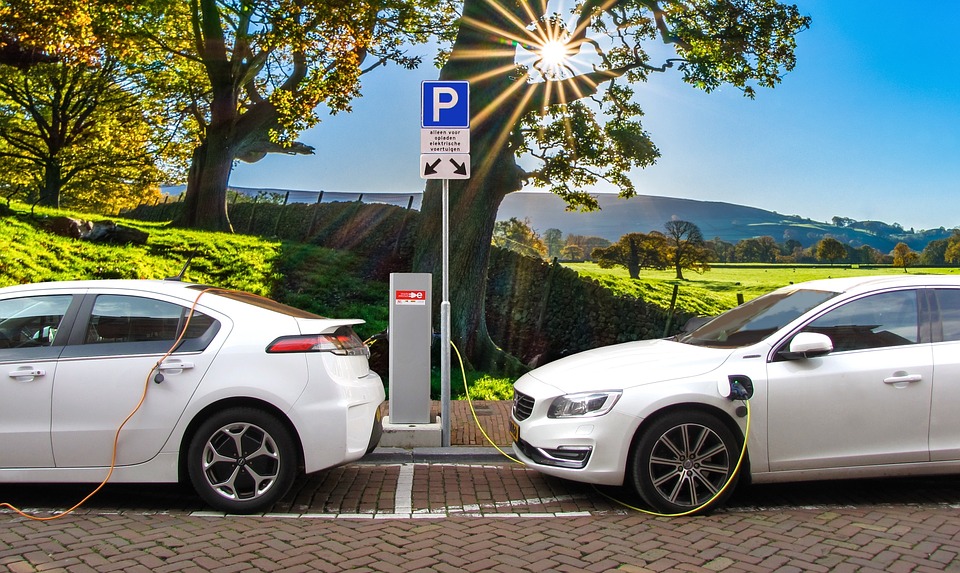As gas prices continue to skyrocket, more people are considering the purchase of an electric vehicle. On the outside, electric vehicles do not look a whole lot different than their combustion engine counterparts. There are, however, significant differences on the inside, which are designed to make them more economical and fuel efficient.

The most obvious difference with an electric vehicle is that it relies on a high-powered battery rather than the gasoline that a combustion engine requires. When it comes to the engineering of an EV, about 70% of EV component parts are different from those in a gas powered vehicle.
If you don’t know much about electric vehicles, we’ve got some basic answers to questions many people have when first learning about this new generation of cars.
1. Are electric vehicles more expensive than gas vehicles?
Even though the up front price tag may be higher, an EV will be a much less expensive vehicle to operate, especially considering the rapid rise of gas prices since the beginning of 2021. However, the cost of natural gas for power generation also caused electricity prices to rise in that same period. Unfortunately, current instability in the market will continue to impact the cost of driving any type of vehicle.
Looking at maintenance costs, an electric vehicle has far fewer moving components than a combustion engine vehicle, which has hundreds of moving components. For this reason, EVs could prove to be less costly to maintain over time.
2. How does a hybrid car differ from an EV?
Hybrid Electric Vehicles (HEVs) primarily rely on gas but also have electric components. Hybrid vehicles have a gas-powered combustion engine as well as a small electric motor. They self-charge during operation, with some models also having plug-in charging.
Fully electric vehicles have one high-powered electric motor that is fueled by a large electric battery, which requires charging at a charging station.
Both EVs and HEVS have regenerative-hydraulic braking systems, which are designed to recover energy and “top-off” the battery.
3. What is the charging process for an electric vehicle?
Electric vehicles must be regularly plugged into a municipal, commercial, or residential charging station to be recharged. Hybrid electric vehicles have the ability to self-charge as they drive, but may also have to be plugged in to charge. There are rapid charging stations that deliver power faster, but lower-powered home chargers are designed to charge a vehicle overnight.
4. How long does an electric vehicle charge last?
Of course times will vary depending on the vehicle and the charging equipment used, but normal driving should take an electric vehicle approximately 200 – 400 miles before requiring another charge.
5. Are EVs as fast as combustion engine vehicles?
To answer this question, it is important to note the difference between quick and fast in this context. Quick refers to accelerating from point A to point B, and fast describes the ability to achieve top speeds for sustained periods of time. Electric vehicles are actually quicker than gas-powered vehicles, the combustion engine of the latter is faster.
